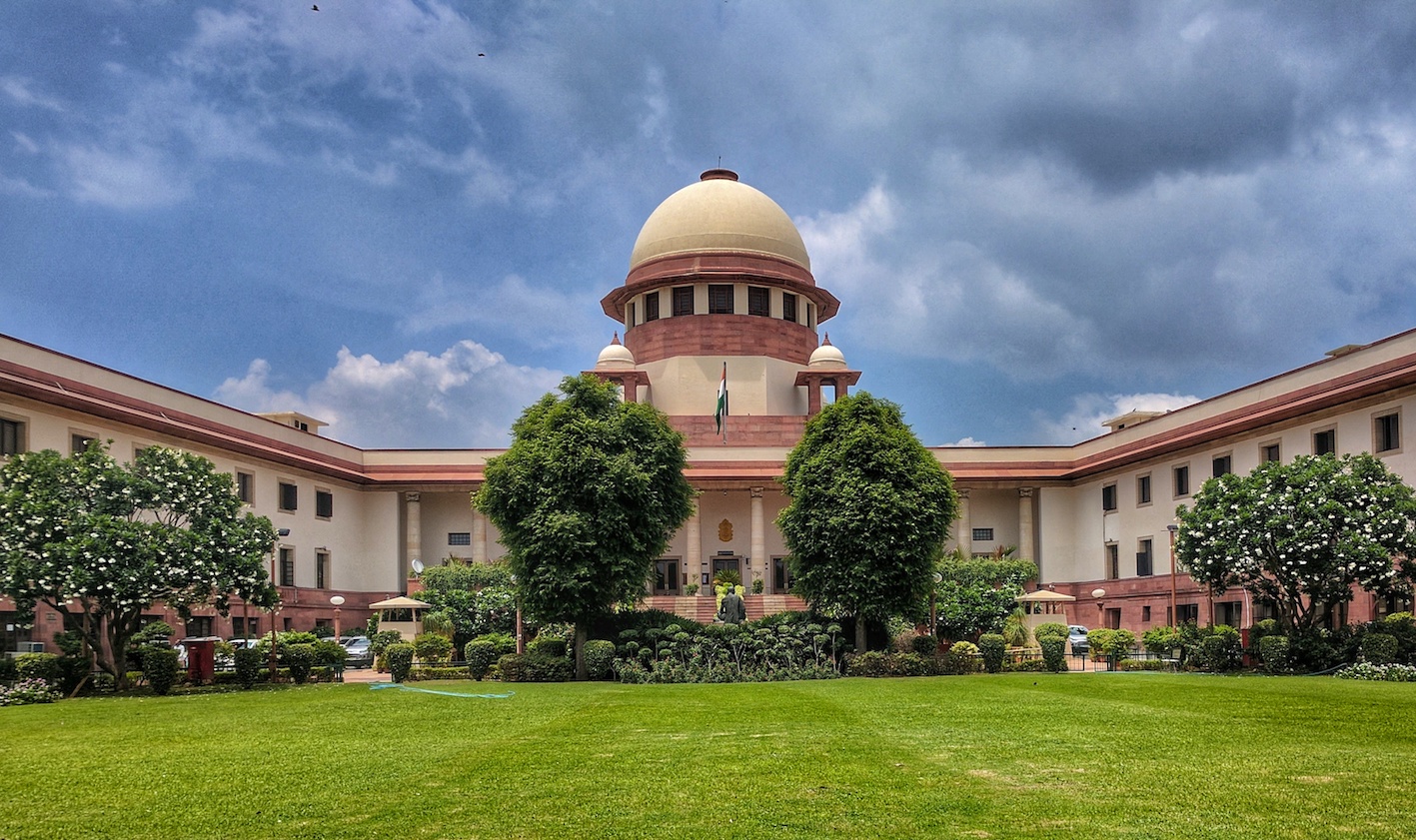No title can be conferred upon the Appellant, based on unregistered documents: Delhi High Court
“No trial would be required as even if these documents are taken on file as evidence, by virtue of them being unregistered documents, they would not be valid and would confer no title.”, this remarkable stand was forwarded by Delhi High Court single judge bench chaired by Hon’ble Justice Mr. Prathiba M. Singh in the criminal appeal case of Vateena Begum V. Shamim Zafar & Anr., [CM APPLs. 21460-63/2020].
The present appeal challenges the impugned order dated 13th August, 2020, by which the Executing Court has rejected the objections filed by the Appellant under Order XXI Rule 97 and 101 CPC. The admitted facts in this case are:-
The original owner, in respect of the agreements of both the parties before this court, is Mr. Dilawar Hussain Malik. The Appellant has allegedly entered into certain documents in respect of the property with the original owner. None of the Appellant’s documents are registered. The sale consideration fixed is Rs. 9,00,000/-. The entire amount is purportedly received only in cash. On the other hand, the Respondents/ Decree Holders filed a suit for specific performance on the strength of an Advance Receipt-cum Agreement to Sell and Purchase, dated 21st July, 2012, with the same original owner. The consideration recorded in this agreement is Rs.6,00,000/-. Advance payment of Rs.1,00,000/- is stated to have been made out of which Rs.45,000/- is a cheque payment. There is also a receipt executed by one Mr. Mohd. Javed, who is stated to have received Rs. 2,00,000/- i.e. a part of the remaining sale consideration.
The suit for specific performance and permanent injunction was filed by the Respondents/ Decree Holders in September, 2012. A perusal of the trial court record reveals that in the suit, repeated summons were issued to the Defendant/ Original Owner of the property. Thereafter, the decree of specific performance, which was passed by the trial court, was sought to be executed by the Respondents/ Decree Holders
After examining all the submissions, arguments and evidences forwarded by the councils, the Hon’ble HC observed that, “The execution of a decree for specific performance does not merely relate to a title of a property, but as in the present case, also involves dispossessing a person who is already in physical possession of the property. At the time when the decree was passed it is not even clear as to who was in possession of the property. Hence, in such a situation, objections would have to be considered in detail by the Executing Court and may require leading of evidence to ascertain factual aspects, with respect to the suit property and the Original Owner.”
In lieu of the above made considerations and observations, the bench in this present case rejected the present application stating that, “Accordingly, the impugned order is set aside. The Executing Court would frame issues and adjudicate the objections after receiving evidence. Needless to add this Court has not examined the legality or the validity of the documents relied upon by the Appellant and the Respondents, or any other averments on merits”.
The bench further added that, “Considering that the decree in the present case was passed way back in 2002, the Executing Court shall decide the objections within a period of six months. The original documents which were handed over during the court hearing be returned to the respective counsel upon proper acknowledgment. The same be produced before the executing court. The Registry of this Court to scan the documents before the same are returned to the Ld. Counsels for the parties.”




